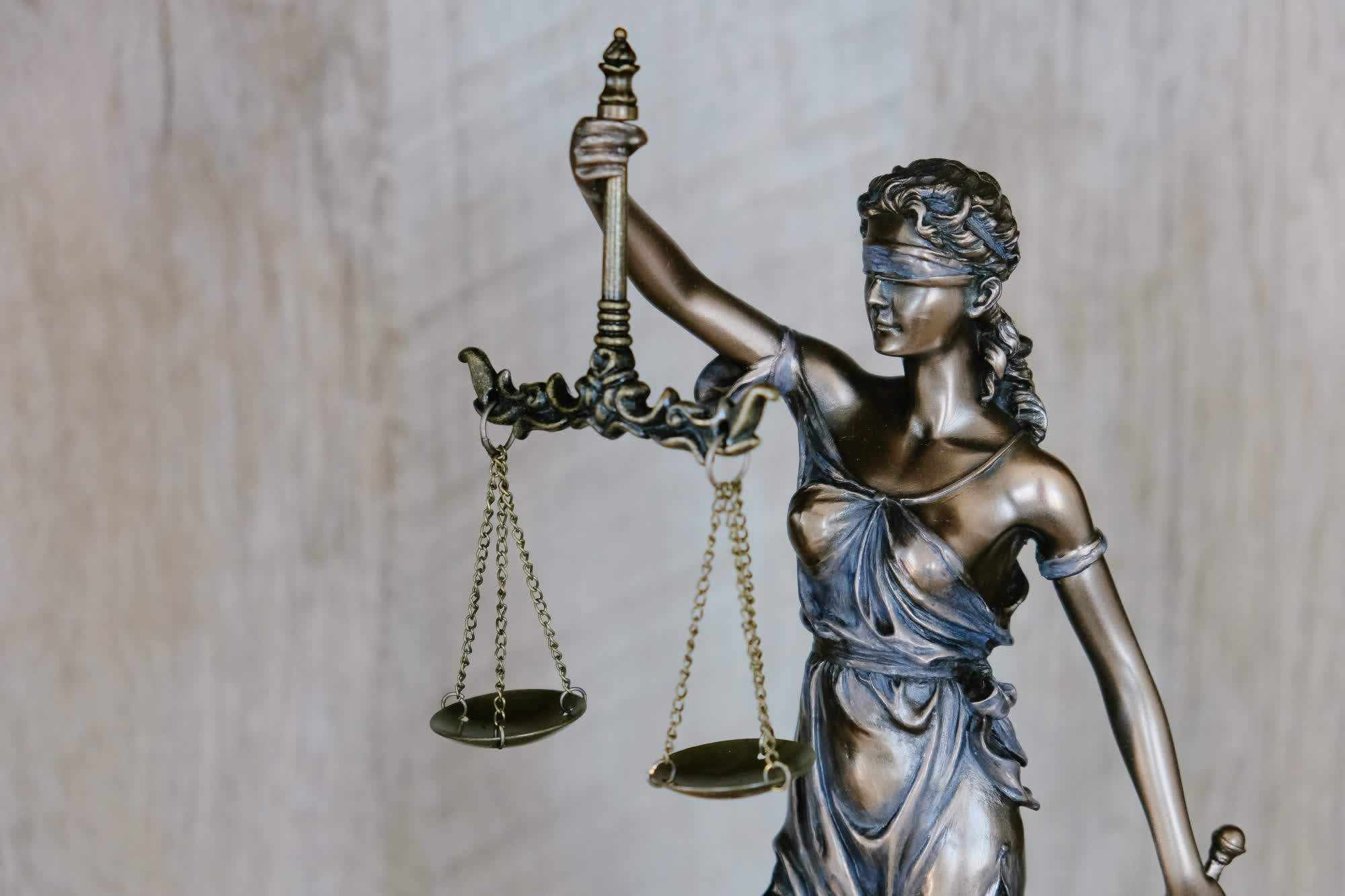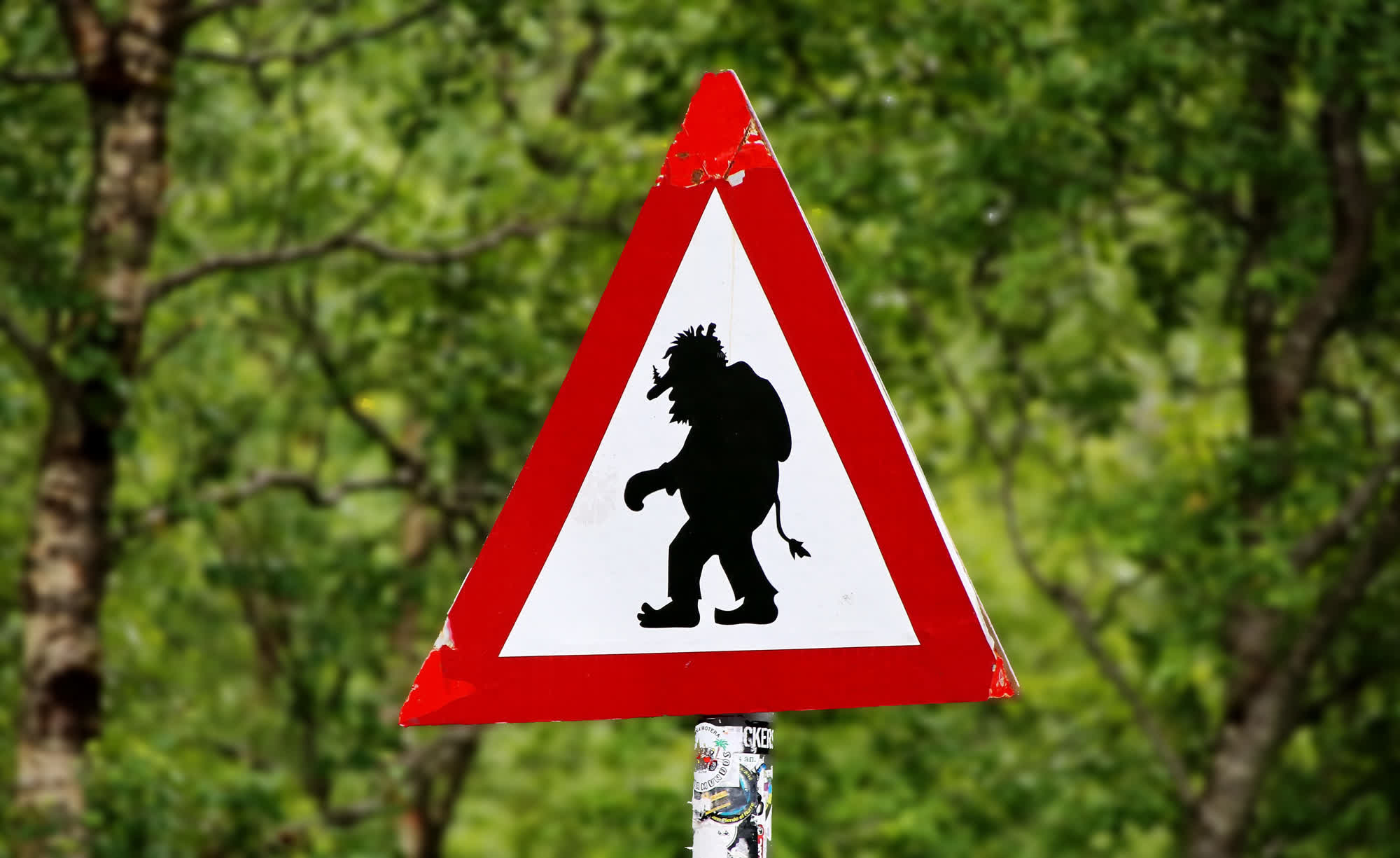The big picture: Copyright trolls are a significant nuisance to just about everyone, persisting in their activities due to the lucrative nature of their vocation. While big tech companies are frequently accused of not taking sufficient action to combat this menace, certain digital rights groups are actively fighting back against the trolls.

One of the groups at the forefront of this fight is the Electronic Frontier Foundation (EFF), which has filed an amicus brief in the US Supreme Court providing an overview of the copyright trolling problem. The filing is part of the Warner Chappell Music v. Nealy case, which does not directly address copyright trolls but rather "involves the interpretation of the statute of limitations in copyright cases."
The brief urges the court to limit the statute of limitations for copyright claims to a specific number of years from the time of the alleged infringement rather than when it was discovered, which could be unfair to defendants. US copyright law explicitly states a three-year statute of limitation "after the claim accrued," but the plaintiff Nealy argues that the claim did not accrue until he discovered the alleged infringement.

Warner Chappell Music argues that the claim accrued when the alleged infringement occurred, providing the plaintiff three years to file his claim and seek damages. According to the EFF, if the Supreme Court agrees with Nealy's interpretation of the statute of limitations, it could enable copyright trolls to exploit the judicial system by initiating lawsuits for alleged infringements that may have occurred decades ago, introducing significant risk and uncertainty for defendants.
The EFF's amicus brief has garnered support from various leading industry groups, including the RIAA and the Association of American Publishers. Another notable supporter on the same side is the US Chamber of Commerce, which also supports the concept of a firm three-year statute of limitation for copyright claims. The Supreme Court's interpretation of the law remains to be seen, but from a citizen's perspective, one would hope that a more pragmatic view prevails.
The EFF urges the Supreme Court to safeguard the targets of copyright trolls by asserting that copyright infringement damages can only be sought for alleged violations that occurred within three years before the filing of the complaint. According to the organization, "an indefinite statute of limitations would throw gasoline on the patent troll fire and risk encouraging new trolls to come out from under the figurative bridge."
https://www.techspot.com/news/101127-eff-urges-supreme-court-act-against-copyright-trolls.html